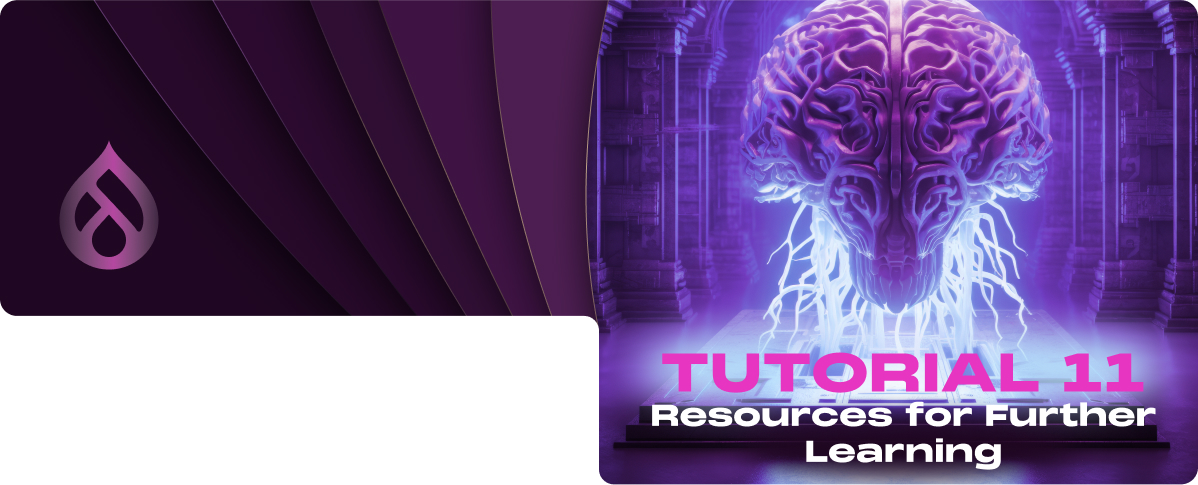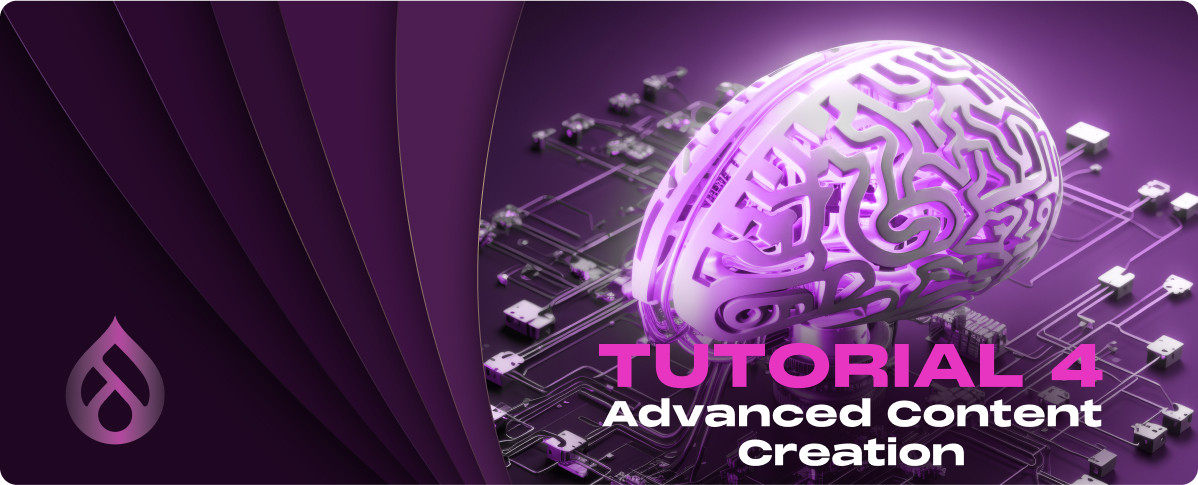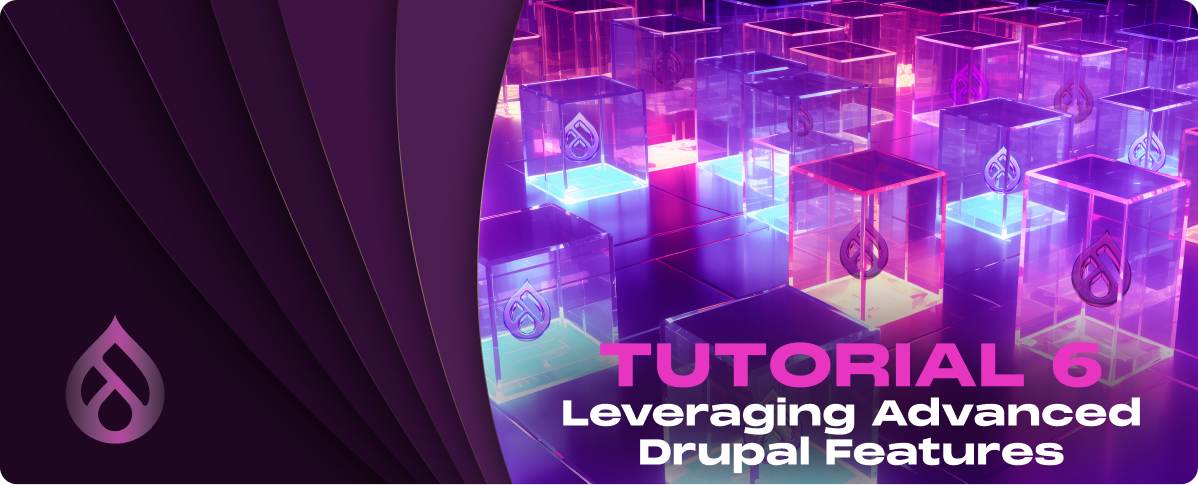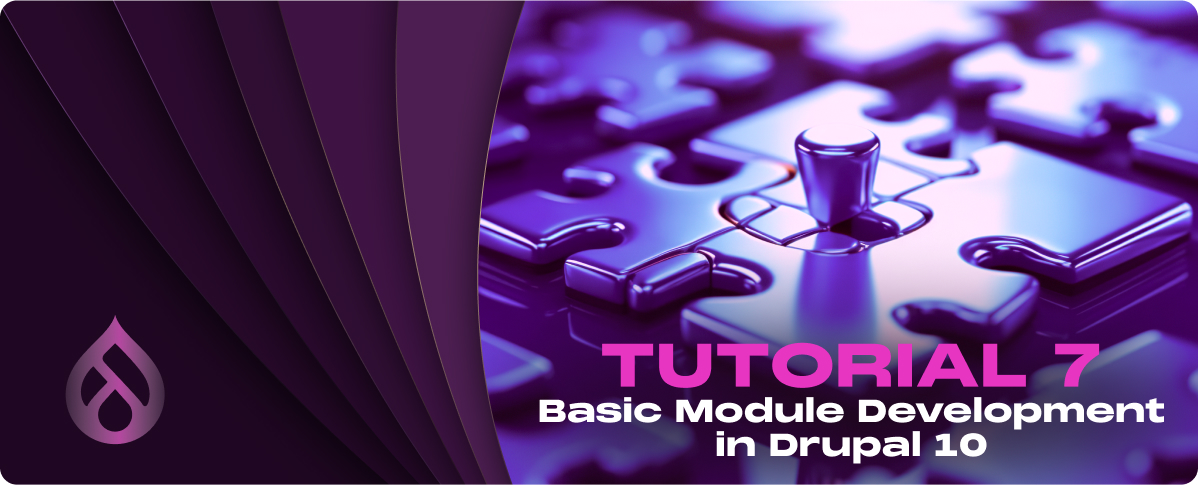Official Drupal Documentation and Guides
Navigating Drupal.org Documentation
The official Drupal documentation on Drupal.org is an extensive repository of guides, tutorials, and API references designed to support Drupal users and developers.
Here’s how to make the most of these resources:
1. Start with the Documentation Landing Page
- Visit the Drupal documentation page on Drupal.org. This page serves as a gateway to various types of documentation, including user guide, developer guide, and API reference.
2. Drupal User Guide
- Ideal for beginners, the Drupal User Guide offers a comprehensive introduction to using Drupal, covering topics from installation and content management to site administration. It’s structured to help new users get up and running with a Drupal site.
3. Developer Guide
- For those looking to delve into module development, theming, or contributing to Drupal core, the Developer Guide provides in-depth tutorials, best practices, and API references. It’s a valuable resource for enhancing your technical skills.
4. API Reference
- The API Reference section is essential for developers working on custom solutions. It details Drupal’s API functions, classes, and interfaces, complete with explanations and examples.
5. How to Find Guides for Different Skill Levels and Needs
- Search Functionality: Use the search bar to find specific topics or solutions. You can filter search results by content type (e.g., community documentation, project page) to narrow your findings.
- Task-based Navigation: Documentation is organized by tasks, such as “Build,” “Extend,” and “Administer,” helping you find relevant guides based on what you’re trying to accomplish.
- Community Documentation: Explore community-contributed documentation for diverse perspectives and solutions to common challenges. Community docs can be particularly useful for real-world tips and use cases.
6. Stay Updated and Engaged
- The Drupal community continuously updates and expands the documentation to reflect new developments and best practices. Regularly visiting the documentation pages can help you stay current.
- Consider contributing to the documentation. Contributing can range from correcting typos and updating screenshots to writing new tutorials. It’s a great way to give back to the community and enhance everyone’s learning resources.
The official Drupal documentation is a rich, evolving resource that supports continuous learning and skill development. Whether building your first Drupal site or developing complex modules, the documentation offers the guidance you need to succeed with Drupal.
The Drupal community is an open and welcoming space, so don’t hesitate to seek help in forums, Drupal Slack channels, or local meetups as you continue your Drupal journey.
Drupal Tutorials and Online Courses
Recommended Tutorials and Courses
1. Drupalize.Me
- Specializing in Drupal, Me offers an extensive library of tutorials covering every aspect of Drupal development, including site building, theming, module development, and backend programming. It’s known for high-quality, comprehensive tutorials created by Drupal experts.
- Best For: Users of all levels, especially those seeking comprehensive coverage of Drupal topics.
2. Udemy
- Udemy features a wide range of Drupal courses for beginners and advanced users. Courses on Udemy cover topics like Drupal basics, theme and module development, and specific projects like building e-commerce sites with Drupal. Since various instructors create courses, it’s beneficial to read reviews and check ratings before enrolling.
- Best For: Learners looking for course options that include lifetime access and a more traditional learning structure.
3. Coursera
- Coursera offers courses in partnership with universities and colleges, including some that focus on web development with Drupal. These courses may be part of larger web development specializations and often include peer-reviewed assignments, hands-on projects, and certificates of completion.
- Best For: Those looking for academically structured courses that often include certification.
4. LinkedIn Learning (formerly Lynda.com):
- LinkedIn Learning provides several Drupal courses that range from beginner to advanced levels. Topics include Drupal fundamentals, theming, layout design, and more. Industry professionals teach courses and include video tutorials along with exercise files.
- Best For: Professionals looking to add Drupal skills to their portfolio and those who appreciate courses that include quizzes and practice exercises.
5. YouTube
- YouTube is a free resource that provides numerous Drupal tutorials and video series. While the quality and depth of content can vary, some channels are dedicated to Drupal and web development and offer valuable insights and walkthroughs on various topics.
- Best For: Beginners seeking to understand the basics of web development before diving into Drupal-specific topics.
Tips for Selecting the Right Course for Your Needs
1. Identify Your Learning Objectives
- Before selecting a course, clearly define what you want to learn or achieve. Whether mastering module development, understanding theming, or getting to grips with site building, having clear objectives will help you choose the most relevant course.
2. Check the Course Content and Structure
- Review the course syllabus to ensure it covers the topics you’re interested in. Look for courses that provide a mix of theoretical knowledge and practical exercises.
3. Consider the Instructor’s Expertise
- Research the instructor’s background and experience in Drupal development. Instructors with real-world experience can provide valuable insights and best practices.
4. Read Reviews and Ratings
- Checking reviews and ratings from past students can give you an idea of the course quality and what to expect.
5. Look for Updated Material
- Drupal is continuously evolving, so ensure the course content is updated and relevant to the Drupal version you’re using or learning.
Combining the official Drupal documentation with structured online courses and tutorials can accelerate your learning process and gain a more comprehensive understanding of Drupal. Whether you’re a beginner looking to build foundational knowledge or an experienced developer seeking to specialize further, there’s a course out there to meet your learning needs.
Drupal Community and Forums
The Drupal community is a vibrant and welcoming network of users, developers, designers, and enthusiasts who share a common interest in Drupal. This community is a source of invaluable support and learning and plays an important role in the ongoing development and improvement of Drupal.
Engaging with the Drupal community can enhance your knowledge, provide opportunities to contribute, and connect you with like-minded individuals.
Engaging with the Drupal Community
The Drupal community offers various platforms and channels for engagement, from online forums and Slack channels to local meetups and global events.
Importance of the Community for Support and Learning
- Support: Community forums and issue queues on Drupal.org are excellent resources for getting help with specific problems or challenges you’re facing with Drupal.
- Learning: The community contributes a wealth of tutorials, documentation, and discussions that can help your learning process.
- Networking: Engaging with the community can connect you with experienced professionals and mentors who can offer guidance and support.
How to Participate in Drupal Forums
- The Drupal forums on Drupal.org offer a space to ask questions, share insights, and discuss various topics related to Drupal. To participate, create a Drupal.org account, browse the forum topics to find areas of interest, and start engaging by asking questions or answering others.
Engaging in Drupal Slack Channels
- The Drupal Slack workspace provides real-time communication channels where you can discuss, share, and collaborate with community members. Join the Drupal Slack workspace by signing up on Drupal.org, then explore and participate in channels that align with your interests or areas where you seek help.
Attending Local Meetups and DrupalCamps
- Local Drupal meetups and DrupalCamps are organized by community members around the world. These events are great for learning new skills, networking, and sharing your experiences with Drupal. Find upcoming events on Drupal.org or through local Drupal community groups.
Contributing to Drupal
- Contributing to Drupal is a rewarding way to give back to the community. Contributions can take many forms, from developing modules and themes to helping with documentation, translation, and marketing. Start by identifying areas where you feel you can contribute, and don’t hesitate to contact the community for guidance on getting started.
DrupalCon
- DrupalCon is the premier global event for Drupal enthusiasts and professionals. It includes sessions, workshops, and sprints where you can learn from and collaborate with others in the community. Attending DrupalCon is an excellent way to deepen your Drupal knowledge and contribute to the project.
The Drupal community is central to the platform’s success and evolution. By participating in forums, Slack channels, and local meetups and contributing to the project, you gain valuable knowledge and experience and also have the opportunity to shape the future of Drupal.
Whether you’re just starting or looking to deepen your engagement with Drupal, the community is an essential resource and welcoming space for everyone.
Keeping Up with Drupal Updates
Staying current with Drupal developments is crucial for anyone using or developing with Drupal, whether you’re managing a website, developing modules, or theming. The Drupal community continuously improves the platform, adds new features, and addresses security concerns. Keeping up with these changes ensures your site remains secure and efficient and takes advantage of the latest Drupal advancements.
Following Drupal News and Updates
- org: The official Drupal website is the primary source for announcements, including core updates, security advisories, and new initiatives. Regularly visiting Drupal.org can keep you informed about important developments.
- Drupal Newsletters: Subscribing to Drupal newsletters, such as the Drupal Association newsletter, provides curated updates and news directly to your inbox.
- Drupal Planet: Drupal Planet aggregates blog posts from various Drupal community websites, offering insights, tutorials, and Drupal news. It’s a great resource for learning about diverse topics within the Drupal ecosystem.
- Social Media and Drupal Slack: Following Drupal on social media platforms (like Twitter) and joining the Drupal Slack workspace can help you stay connected with real-time discussions and updates from the community.
Best Practices for Upgrading Your Drupal Skills
- Participate in Training and Workshops: Attend Drupal training sessions, workshops, and webinars. These events, often available both online and in-person, can provide deep dives into specific topics and hands-on learning experiences.
- Contribute to Drupal: Engaging with the Drupal project by contributing code and documentation or participating in issue queues allows you to learn by doing and exposes you to best practices and new techniques.
- Join Drupal Events: Local meetups, DrupalCamps, and DrupalCon offer valuable opportunities to learn from sessions and connect with experienced Drupal professionals who can share their knowledge and insights.
- Continuous Learning: Use online learning platforms, Drupal tutorials, and courses to broaden your understanding of Drupal. Dedicating regular time to learning helps you gradually build and upgrade your skills.
- Experiment on Your Projects: Apply what you learn by experimenting on your projects. Trying out new modules, exploring different ways to solve problems, and building projects with the latest Drupal features can deepen your understanding and skills.
Staying informed about Drupal developments and actively seeking opportunities to upgrade your skills are key to thriving in the Drupal community. As Drupal continues to evolve, ongoing learning and adaptation are essential.
By leveraging the resources and practices suggested above, you can ensure that your Drupal knowledge remains current and comprehensive, enabling you to build better, more secure, and innovative websites with Drupal.













































